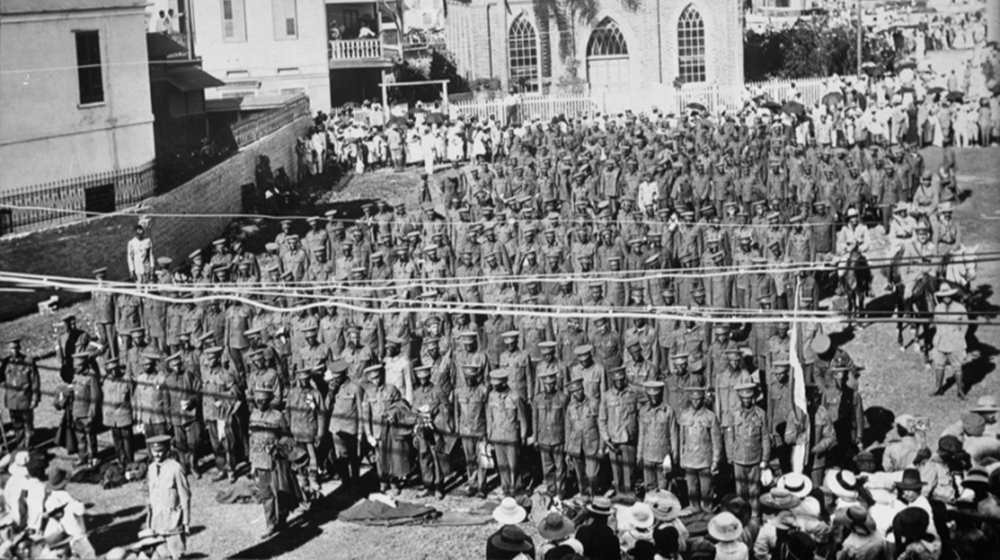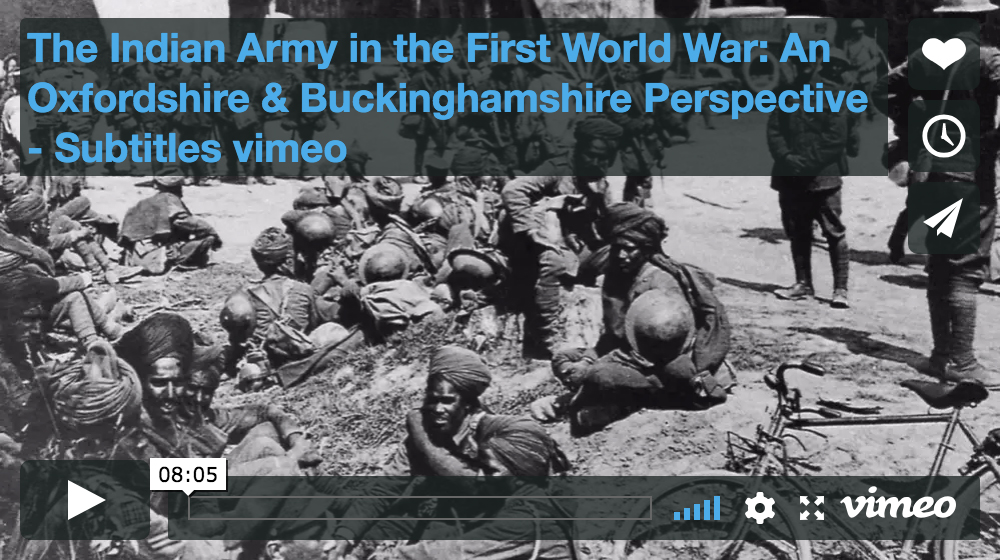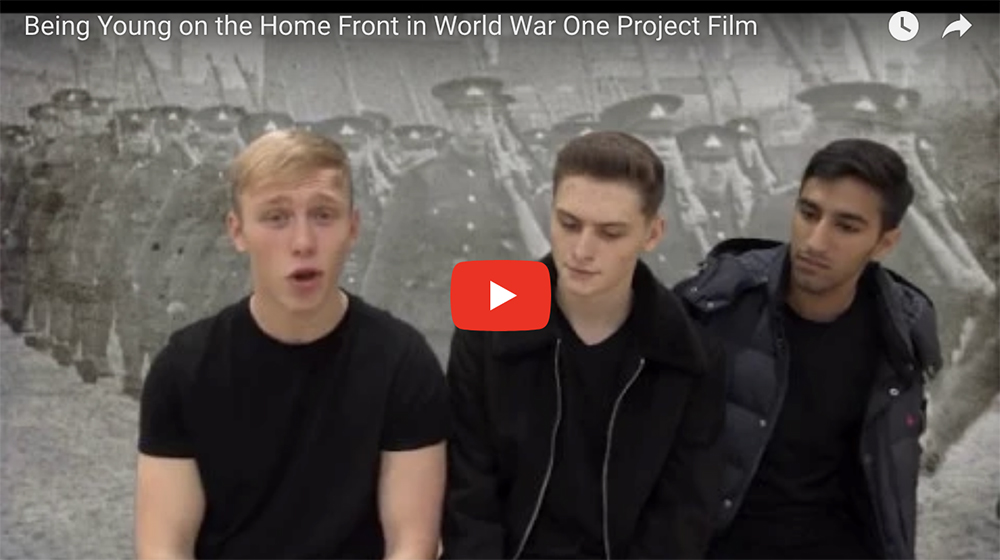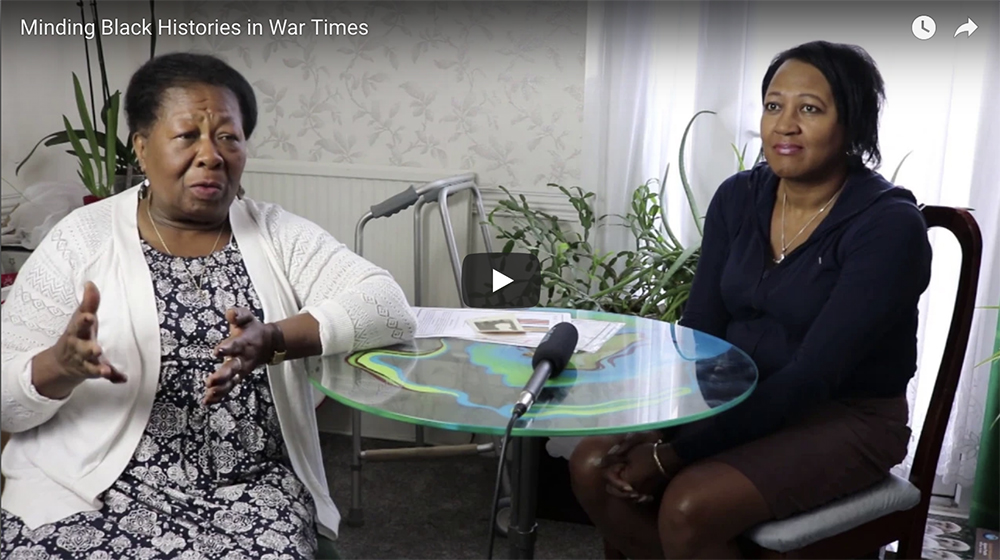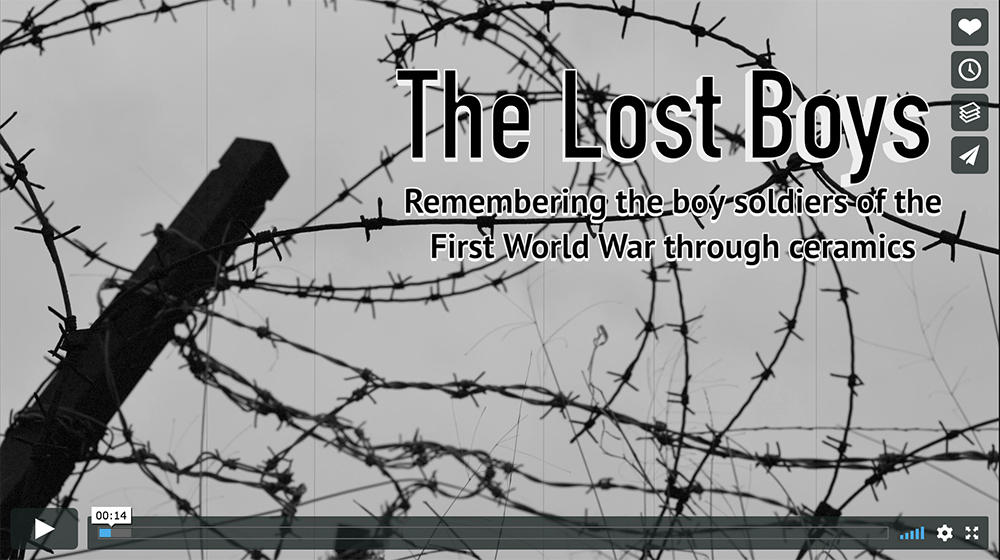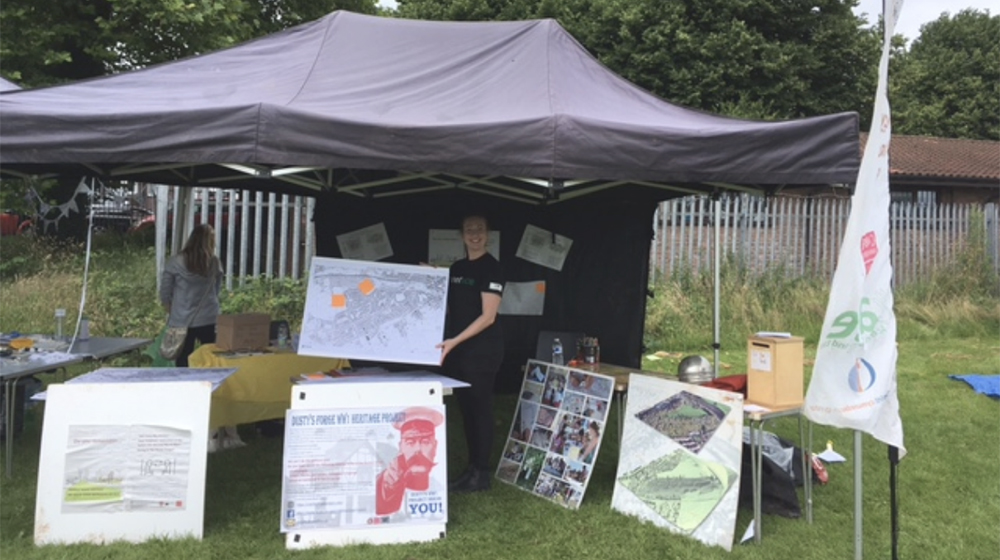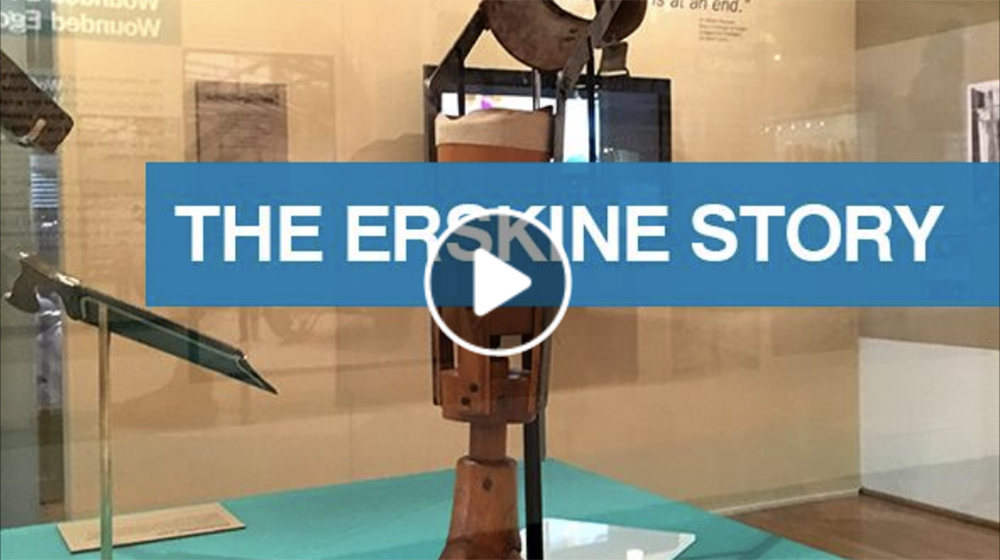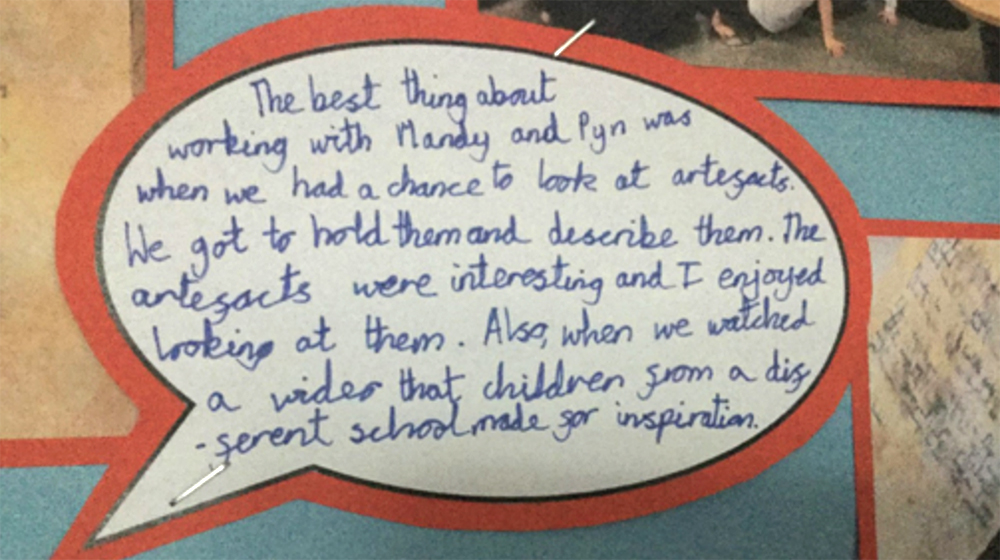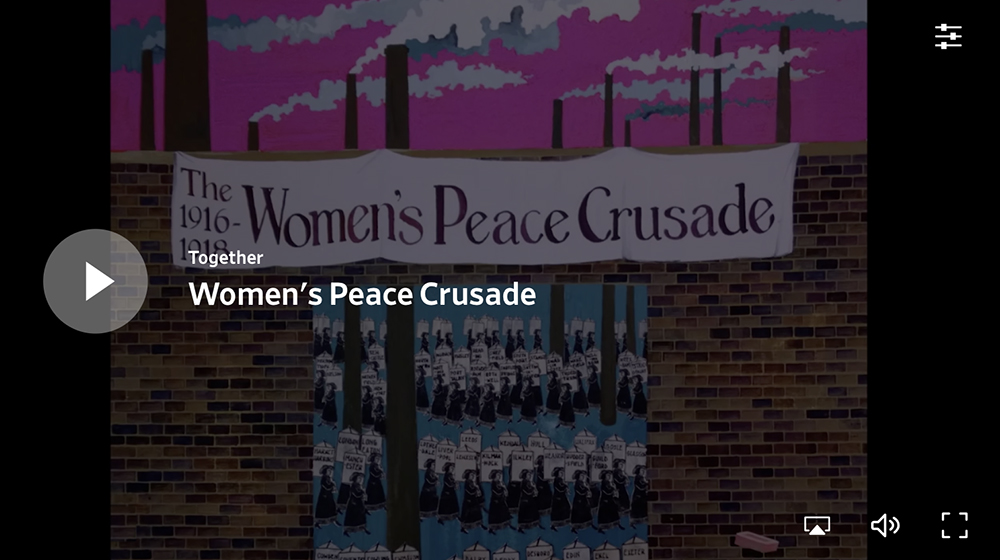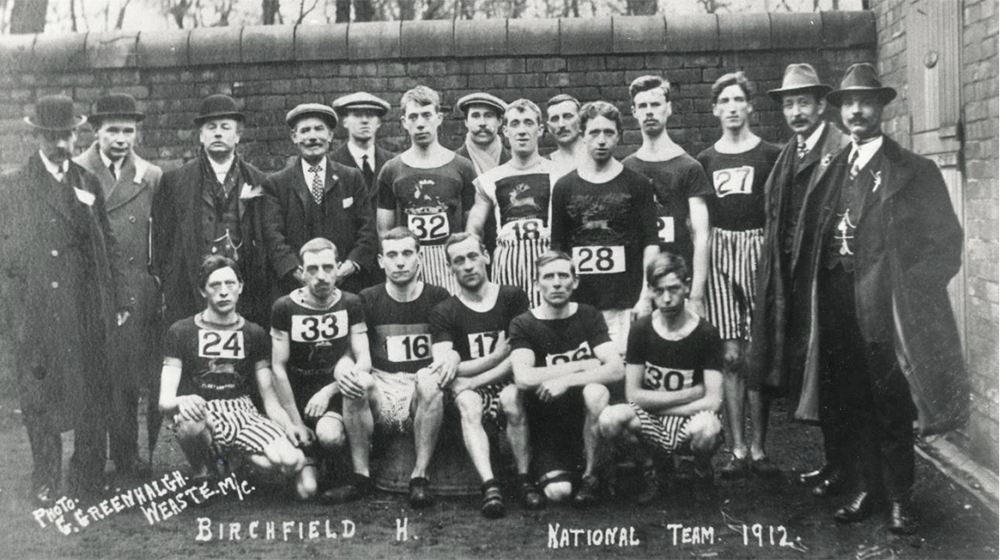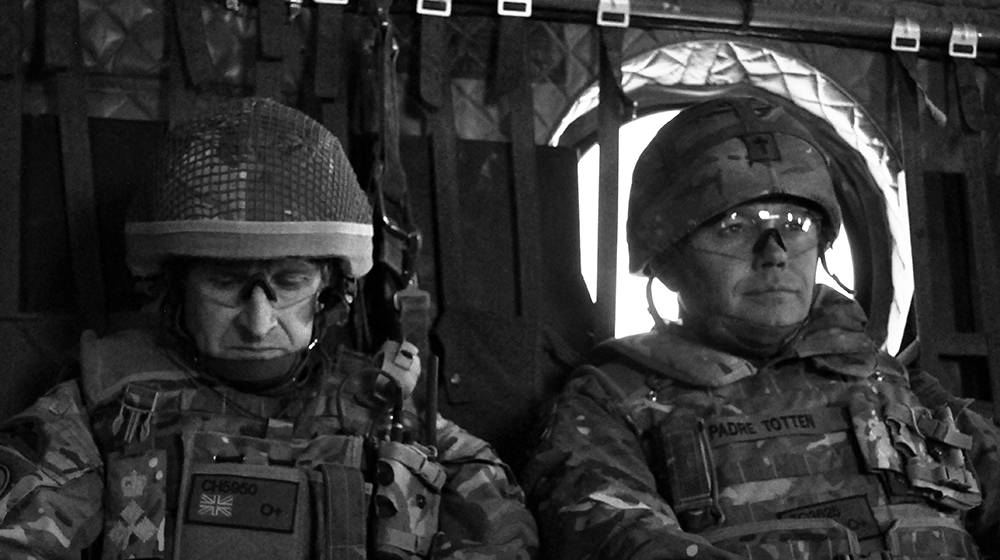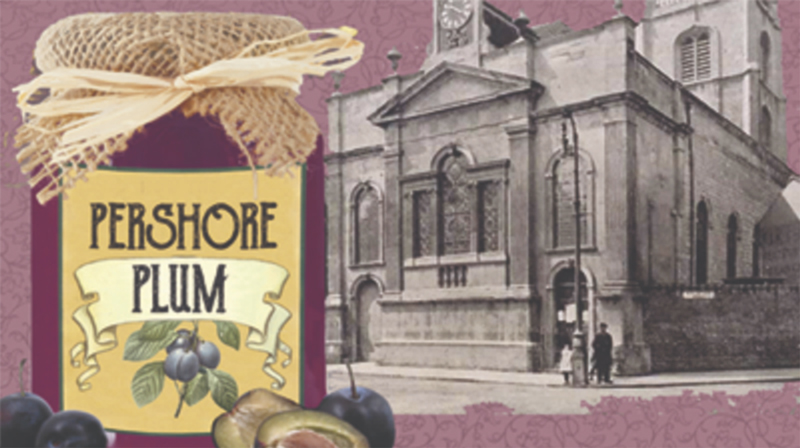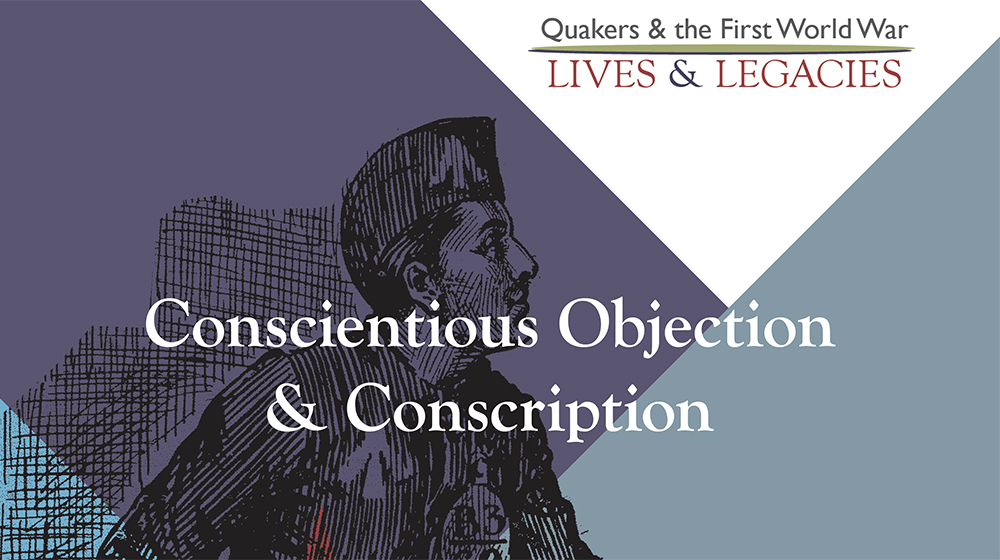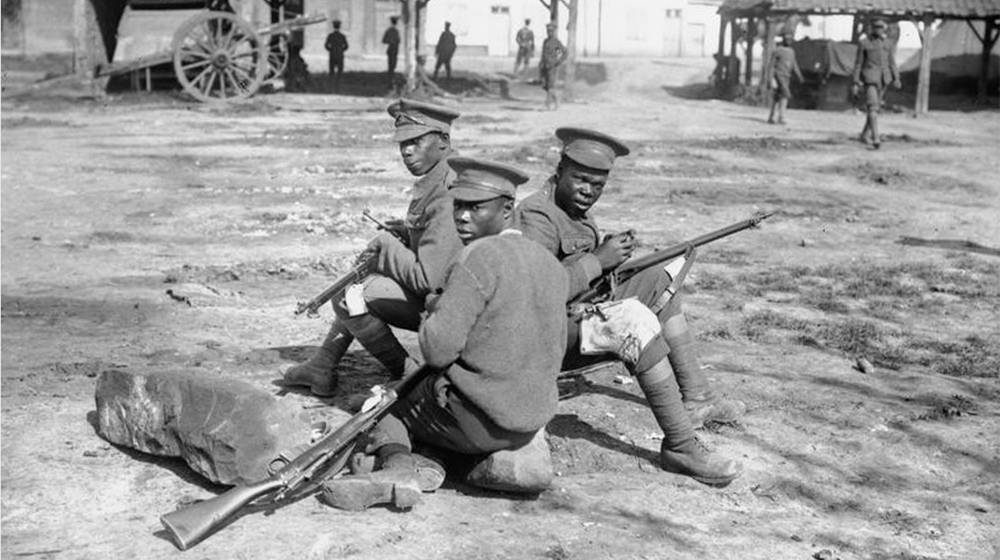Voices Projects
Voices of War & Peace has funded a number of projects around the legacy of the First World War which have been co-designed by members of the Voices Research Network in partnership with community groups. Read about them below, or find out more about the Community Research Fund…
Stories of Omission: Conflict and the experience of Black soldiers
Recognize Black Heritage & Culture and University of Birmingham
Many of the projects that have addressed the subject of soldiers from African and Caribbean countries have tended to focus on the stories of individuals. This project takes a wider perspective and explores the representation of Black soldiers and the stories and narratives told, or not told, around those soldiers who came from the Caribbean and Africa. What information was available to the public and what was missed out, hidden, ignored or disregarded?
Download the Stories of Omission booklet and view the project film on www.youtube.com/watch?v=diiMJStDNVw
The Indian Army in the First World War: An Oxfordshire Perspective.
Soldiers of Oxfordshire Museum and University of Oxford
This inter-generational research project analyses the Soldiers of Oxfordshire Museum archive and aims to provide a series of workshops on research methods and museological work in museums. The approach focuses on archival research into holdings relating to the war in Mesopotamia 1914-18, as well as oral history and how the colonial experiences of the First World War are perceived by the Sikh, Muslim and Hindu communities in Oxfordshire today. This project represents an opportunity for British Asian people to come together to reflect upon the united Indian response to the First World War and to be active agents in the outcome of the project and the interpretation of the exhibition.
Justice not Charity, Was Their Cry.
Disability History Scotland, University of Birmingham and University of Glasgow
Although one in five of the Scottish population consider themselves to be disabled or have a long-term health condition, too often little is heard first hand of their authentic voices. The history of disabled people in Scotland is seen as marginal or of minimal significance if it is considered at all: ‘Justice not Charity, Was Their Cry’ will examine the experiences of disabled people in the shadow of the Great War. Increasing numbers of blind people as a result of World War 1 raised issues of workplace exploitation and government inaction. These protests culminated the first long distance protest march to London in April 1920, with blind protestors converging on Trafalgar Square from all over Britain. This project will concentrate on the Scottish contingents of marchers, departing from Edinburgh, Glasgow and Paisley as very little is currently known about them.
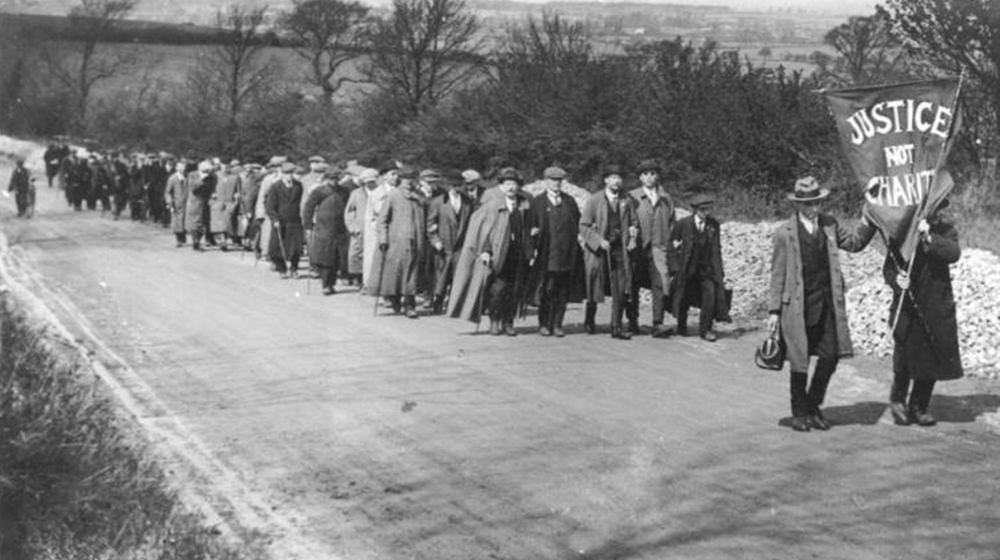
Refugee Tales: viewing the Belgian refugee crisis of WW1 through the lens of contemporary experience.
The Clay Foundation and Manchester Metropolitan University
This project seeks to engage contemporary refugee and asylum seekers in Staffordshire as co-researchers and creative collaborators, to examine the similarities, and the differences, between the experiences of Belgian refugees in World War 1 and those of refugees and asylum seekers in the UK in 2016. ‘Refugee Tales’ will build on the experience gained by the project partners during a previous AHRC/HLF project, ‘The Lost Boys’, which engaged young people in the co-production and exhibition of applied research. ‘Refugee Tales’ will similarly operate within the context of Staffordshire’s historic association with ceramics, but will instead focus on exploring the narrative potential of ceramics. Additionally, we will engage and empower a marginalized group (refugees and asylum seekers) to draw upon their own unique insights into displacement, in response to an examination of the historic legacy of the Belgian WW1 refugees.
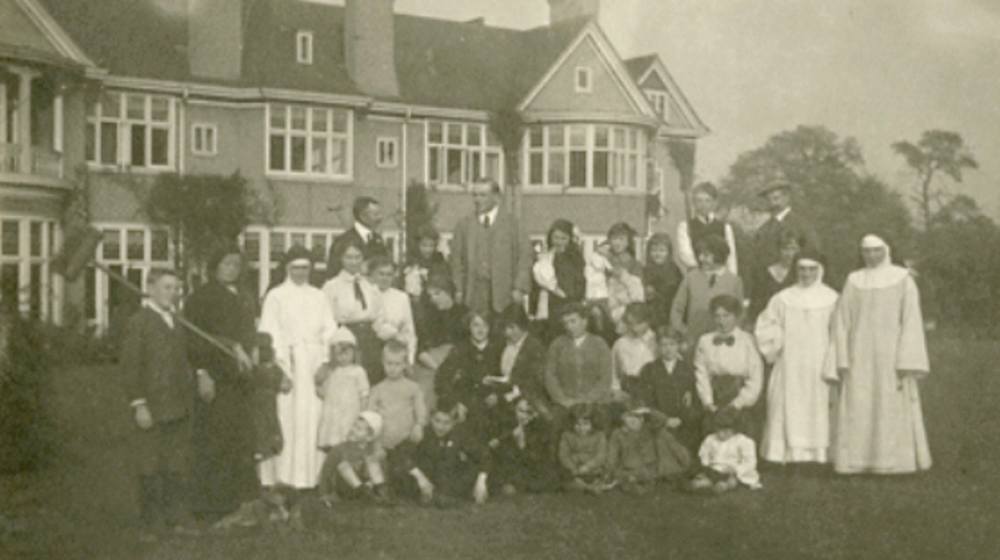
Patriotism or Pragmatism: Children and Young People on the Rural Home Front in Worcestershire and Surrounding Areas
Worcestershire County Council and University of Worcester
The project explores the patriotic rhetoric and activities within schools, youth organisations and popular culture which may have motivated rural children and young people’s active participation in the war effort. It builds upon research undertaken with Worcestershire Archives and Archaeological Service HLF Funded project ‘Worcestershire WW1 100’, and through collaboration with Hempsted C of E Primary School’s ‘Discovering the WW1 Home Front : Children and Charities, food and farms’ and Droitwich Library’s ‘The Great Blackberry Pick : Researching Children’s Contribution to the First World War‘.
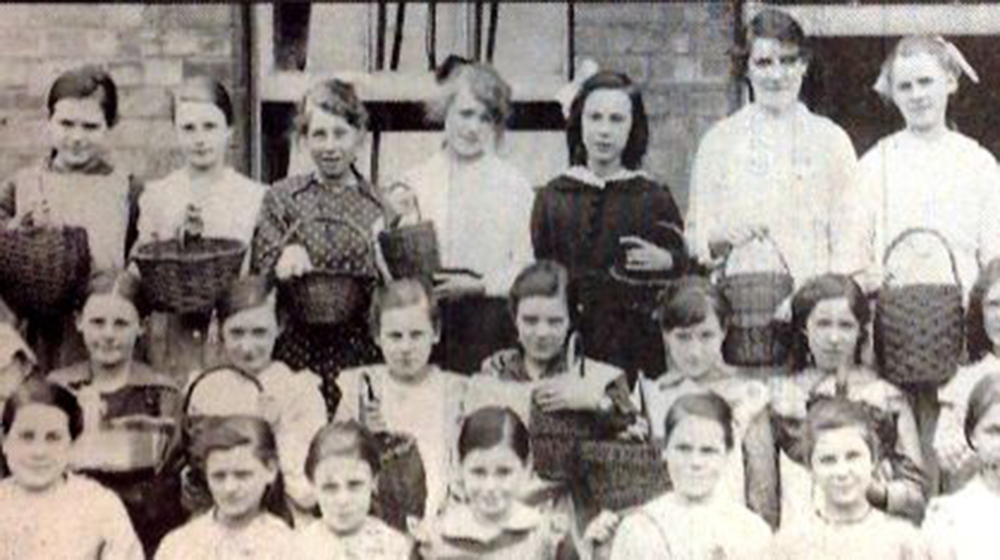
Being Young on the Home Front: Young People in North West England during World War One
Little Hulton and Walkden Neighbourhood Team, Salford City Council and Manchester Metropolitan University
The project, centred on Greater Manchester, builds on work already undertaken with youth groups in North Manchester, schools in the Manchester area and academic research completed by the project lead. Its narrative of young people during war will centre on three key themes: the effects of ‘war-fever’ on young women; employment experiences, including on munitions; Youth dissent and the social stigmatisation of young people, including concerns about juvenile ‘delinquency’ and how to control and police the sexual behaviour of young girls; and youth dissent and the social stigmatisation of young people, including concerns about juvenile ‘delinquency’ and how to control and police the sexual behaviour of young girls.
Minding Black Histories in War Times:
Remembering, Acknowledging and Documenting Contributions of Black Poppies in WWI
African Community Heritage Hub and Birmingham City University
While there is some basic documentation on the participation of black recruits from the Caribbean and African communities in the BWIR, very little is known about black servicemen’s contributions to WWI. This research will first map existing academic, community and artistic projects which look at these unacknowledged black contributions to wars of European origins, with a focus on the Great War. Building on the hub’s networks within black, African and Caribbean communities in Birmingham and in the West Midlands, this research will then attempt to localise and connect with descendants and living relatives of black poppies who served in the 1914-18 war.
The Lost Boys: remembering the boy soldiers of the First World War
The Clay Foundation, Staffordshire Museums Consortium and Manchester Metropolitan University
This project examines the experiences of underage soldiers from the North Staffordshire Regiment and wider aspects of memory and commemoration, by engaging young people as active co-researchers through a structured workshop programme. Given Staffordshire’s historical connections to the ceramics industry, work will also explore the commemorative potential of ceramic artefacts. View films produced as part of the project: The Lost Boys… and Things Just Happen Anyway!
The Dusty’s First World War Project (Dusty’s WW1)
Action in Caerau and Ely and Cardiff University
Dusty’s WW1 combines historical and archaeological research with heritage themed art in a collaborative project involving a wide range of participants, in partnership with ‘Art Tells the Story of WW1’ (supported by the HLF). Academics, heritage professionals and archivists will work alongside community workers, artists, teachers, local residents and school pupils to co-produce research, artwork and digital resources. Founded upon award winning co-production strategies developed over four years by the CAER Heritage Project, Dusty’s WW1 will harness the area’s unique heritage assets to enskill local people, break down educational barriers, expand social networks and provide new life opportunities through the processes of co-produced research.
Erskine Centenary Community Partnership
Erskine, Digging In and the University of Glasgow
This project explores the work of Erskine (formerly the Princess Louise Scottish Hospital for Limbless Sailors and Soldiers) during the First World War. Erskine’s historical archive, recently acquired by the University of Glasgow Archives, is currently being catalogued and conserved. This collaborative project will make a significant contribution to widening the understanding of the care of WWI wounded, delving into this unexplored resource in-depth. Members of the Voices research network (Charlotte Methuen and Jennifer Novotny) will work in partnership with Erskine, along with the Digging In project (supported by the HLF), to support community-led research utilising the archive and make the information publicly accessible for the first time.
Find Out More
Generations of Commemoration: Re-Presenting the Legacy of the Great War
Secret City Arts and Birmingham City University
This project explores the commemoration of the Great War and its legacies by engaging with the practices, places, objects and representations of its memorialization as a mode of public history making. Research activity will be conducted by the Birmingham Centre for Media and Cultural Research (BCMCR) in partnership with Secret City Arts (SCA) in order to extend the latter’s creative public history activities and engagement with communities of interest with the First World War centenary. The research will first assess the practice and impact of SCA’s recently completed WW1 project ‘From Handsworth to Flanders Field’ (supported by the HLF), which engaged schoolchildren in the production of four short films and other project materials. Secondly, research will inform tools for the exploration and deployment of audio-visual archive material from Media Archive Central England with focus groups of community participants.
Find Out More
The Women’s Peace Crusade 1917-1918 in the North West
Clapham Film Unit, Manchester Archives, Manchester City Council and Manchester Metropolitan University
This co-designed project explores the development of the generally unremembered Women’s Peace Crusade in the industrial North during the last two years of the First World War, focusing on a number of key towns in East Lancashire and Greater Manchester. The Crusade ran like wildfire across the country during 1917 and 1918, after an enthusiastic but faltering beginning in Glasgow in 1916 after the Battle of the Somme. By the summer 1918, there were over 123 Crusades, unambiguous in their socialist, pacifist and feminist message, co-ordinated by a complex network of women suffrage, socialist and pacifist activists who were appealing to local working-class women.
Running Between the Lines
Birchfield Harriers and the University of Central Lancashire
Athletic clubs played a pivotal role in support of the war both in spheres of recruitment and in holding sporting events in support of the war effort. Current research by the Birchfield Harriers demonstrates the commitment made by members of its club in support of the war, the club is developing a website in honour of its 300 plus members who enlisted for the confrontation. This project aims to build on this work by extending the research into the role played by other athletic clubs within the Birmingham area. These clubs include Tipton Harriers, Coventry Godiva and Lozells Harriers. The research will extend into developing biographies of athletes who enlisted from the Birmingham area. The outcomes of the project will create an exhibition of photographs and memorabilia to be hosted at Alexander Stadium, Birmingham, and develop the website to include other athletic clubs’ members. The lead-researcher will analyse the overall findings of the research and submit the paper to a sports related academic journal. Read the article here.
From Flanders to Helmand: Chaplaincy, Faith and Religious Change in the British Army, 1914-2014
Royal Army Chaplains’ Department and Durham University
This project will compare chaplaincy and religious faith in the British army during the First World War and the so-called War on Terror (2001-2014), with special reference to the legacy of the experience of First World War chaplaincy to the British army of today. It will generate a new tranche of historical material concerning chaplaincy, faith and the British army in Afghanistan, and it will explain and illuminate the extent to which the legacy of the First World War affects the organisation, ethos and ministry of British army chaplains today. Building on extensive research by the Lead Applicant into the history of military chaplaincy and into religion and British society in the era of the First World War, it will consider how growing religious pluralism, and the increasing secularisation of British society, have affected the role of the army chaplain and the religious beliefs of British soldiers, especially while on active service, comparing the contemporary situation with that in the First World War.
Voters and Volunteers: organising women for home and country
Pershore WI and the University of Worcester
This collaborative project explores the intersecting and overlapping networks of women who attempted to wield power during WW1 and its aftermath as women were first enfranchised. The Women’s Institute Movement was formed in 1915, to encourage rural women to produce, prepare and preserve food to alleviate wartime food shortages. It is one of the most significant legacies of WW1 for rural women. The project emerged from conversations with the Pershore WI, currently working on an HLF Understanding the First World War project titled Pershore Women’s Institute: Food, Craft and Home Front activity during World War One and other women’s organisations in Worcestershire, with Professor Maggie Andrews from the University of Worcester.
Quakers & the First World War: Lives & Legacies
Central England Quakers and School of Education, University of Birmingham
A year-long collaborative project to research Quaker experiences of the First World War and its legacy. The project builds on the exhibition Faith & Action: Quakers & the First World War held at Birmingham Museum & Art Gallery (Jan-June 2015). Using research in archive and museum collections, and creating new historical resources through oral history interviews.
Links to the project’s publications:
- Quakers on the Home Front
- Conscientious Objection & Conscription
- The Friends’ Ambulance Unit
- The Friends’ War Victims’ Relief Committee
From World War 1 to World Conflicts Today: a comparative study of changing narrations of war and peace in a superdiverse East Birmingham community
Unity Hubb, St Margaret’s Community Trust, and University of Birmingham
The co-designed project will combine community engagement, arts based research methodology and narrative inquiry approaches to explore family narratives of the Great War from six heritage backgrounds (English, Irish, Pakistani, Romanian, Somali and Afro-Caribbean). It will actively explore how understanding of the Great War has shaped and influenced contemporary narratives of peace and conflict. They will then consider how these narratives differ and/or connect across heritage backgrounds for families sharing the same neighbourhood and negotiating similar geographic, social and economic terrain.


